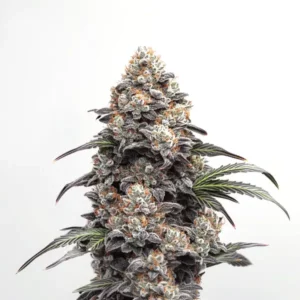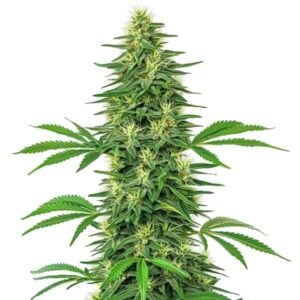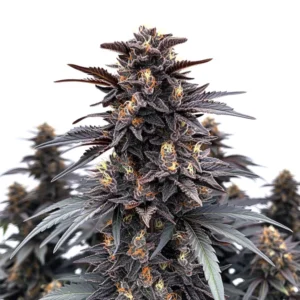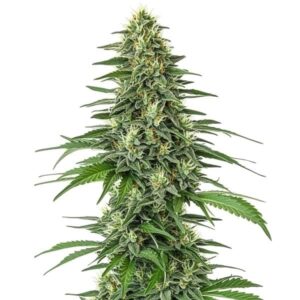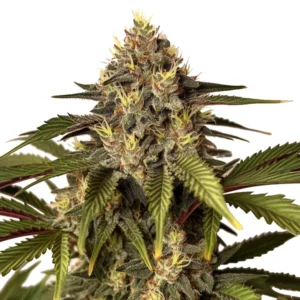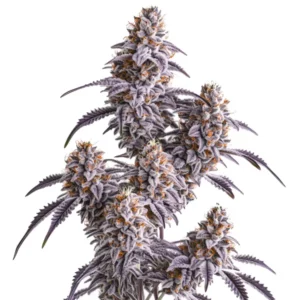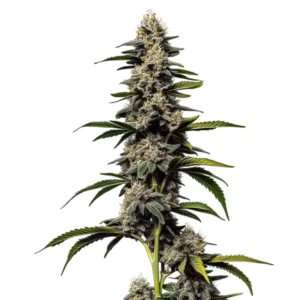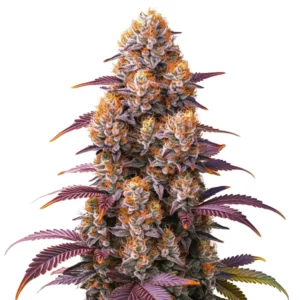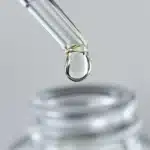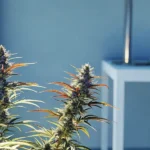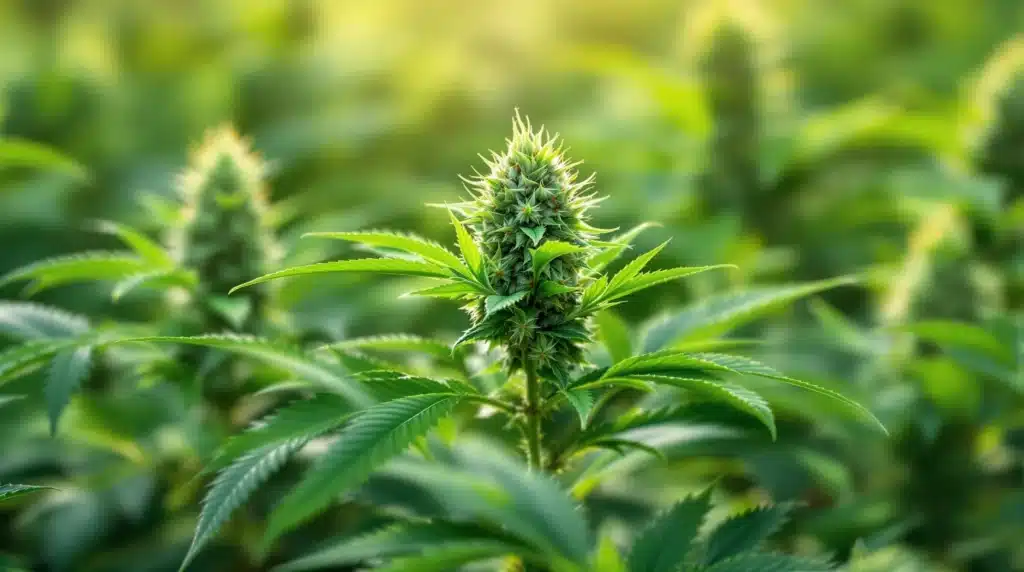
THCA Seeds vs THC Seeds: Key Differences, Benefits, and Growing Tips
For cannabis enthusiasts and cultivators, knowing the differences between THCA seeds vs THC seeds can guide the choice of seeds to match growing preferences and desired effects. THCA and THC are closely related compounds, yet each offers unique characteristics and benefits. Knowing how these compounds behave and the specific traits of each seed type can significantly influence the cultivation process, the plant’s applications, and the end-user experience.
THCA seeds produce plants high in tetrahydrocannabinolic acid, a non-psychoactive compound that only becomes THC when heated. These seeds are often confused with THC seeds, which are designed to produce plants rich in tetrahydrocannabinol. In contrast, THC seeds produce plants rich in tetrahydrocannabinol, the well-known psychoactive component. By breaking down the characteristics, uses, and cultivation techniques for each type, growers can select the seeds that best align with their goals.
Recommended Strains
What Are THCA and THC?
THCA (tetrahydrocannabinolic acid) and THC (tetrahydrocannabinol) are two primary compounds in cannabis plants, each delivering a different experience and potential health benefits. THCA is the non-psychoactive precursor to THC, transforming into THC through a process called decarboxylation, typically triggered by heat. This distinction is essential for users choosing seeds, as it affects the plant’s final properties.
Both THCA seeds vs THC seeds come from the same cannabinoid pathway, but they play different roles within the plant. THCA is abundant in raw cannabis and is often used for its anti-inflammatory and neuroprotective properties. THC, on the other hand, is the compound responsible for the psychoactive effects associated with cannabis and has a well-researched list of medical applications, such as pain relief and appetite stimulation.
THCA in Cannabis
- Non-Psychoactive Benefits: THCA doesn’t produce a “high” when consumed raw because it hasn’t been exposed to heat. For those interested in cannabis for therapeutic benefits without psychoactive effects, THCA is a popular choice.
THCA is increasingly valued in the medical community for its non-psychoactive properties. Patients who seek relief without the altered state provided by THC may turn to THCA for issues such as inflammation, muscle spasms, and nausea. This makes THCA an attractive option for those who wish to incorporate cannabinoids into their wellness routine without experiencing intoxication. - Potential Health Applications: Early research suggests THCA may possess anti-inflammatory, anti-nausea, and neuroprotective properties, which could be useful for certain therapeutic purposes.
THCA has shown promise in studies as an anti-inflammatory agent, making it a potentially valuable compound for treating arthritis and autoimmune conditions. Additionally, research suggests that THCA may have neuroprotective benefits, which could be relevant in treating neurodegenerative diseases. While more research is needed, these initial findings highlight THCA’s potential in various therapeutic contexts.
THC’s Effects and Uses
- Psychoactive Effects: THC is well-known for its psychoactive effects, producing the characteristic “high” associated with cannabis.
THC binds directly to CB1 receptors in the brain, creating its psychoactive effects. For recreational users, THC provides an enjoyable experience, which can range from relaxation to euphoria, depending on the strain. This effect makes THC the primary focus for many recreational users and a valuable component in medical cannabis for patients looking for relief from pain and mood-related conditions. - Medical Applications: THC has been studied extensively for various therapeutic uses, such as pain relief, anti-nausea properties, appetite stimulation, and relaxation.
Beyond its psychoactive impact, THC is utilized in medical settings to assist with pain management, appetite issues, and symptoms associated with conditions like cancer and HIV/AIDS. THC’s interaction with the endocannabinoid system helps regulate discomfort and can stimulate appetite, making it invaluable in clinical treatment plans where appetite suppression and chronic pain are concerns.
Promos & Deals
THCA Seeds: Unique Traits and Cultivation Tips
THCA seeds are often selected by growers interested in cultivating plants with high levels of THCA, especially for raw consumption or products that preserve THCA. Here’s what sets THCA seeds apart and how to approach their cultivation.
Characteristics of THCA Seeds
The choice between THCA seeds vs THC seeds depends on the user’s goals and desired effects. THCA hemp seeds are better suited for users seeking therapeutic benefits without psychoactive effects, as they focus on non-intoxicating cannabinoids, while THC seeds are ideal for those looking for the traditional high and specific medicinal applications associated with THC.
THCA seeds with seeds are becoming popular as more consumers look for non-psychoactive options in their cannabis products. By cultivating THCA weed seeds, growers can produce plants that serve those seeking raw cannabis for its nutritional and therapeutic benefits. With the right approach, THCA-rich plants can be a unique offering in a market focused heavily on THC.
- Non-psychoactive Harvests: Since THCA does not produce psychoactive effects unless heated, plants grown from THCA seeds are often used in non-psychoactive products.
Harvesting THCA plants involves specific techniques to preserve the compound in its natural form. Post-harvest, the plants must be handled at lower temperatures, which allows THCA-rich extracts or products that do not alter mental clarity, appealing to health-conscious consumers.
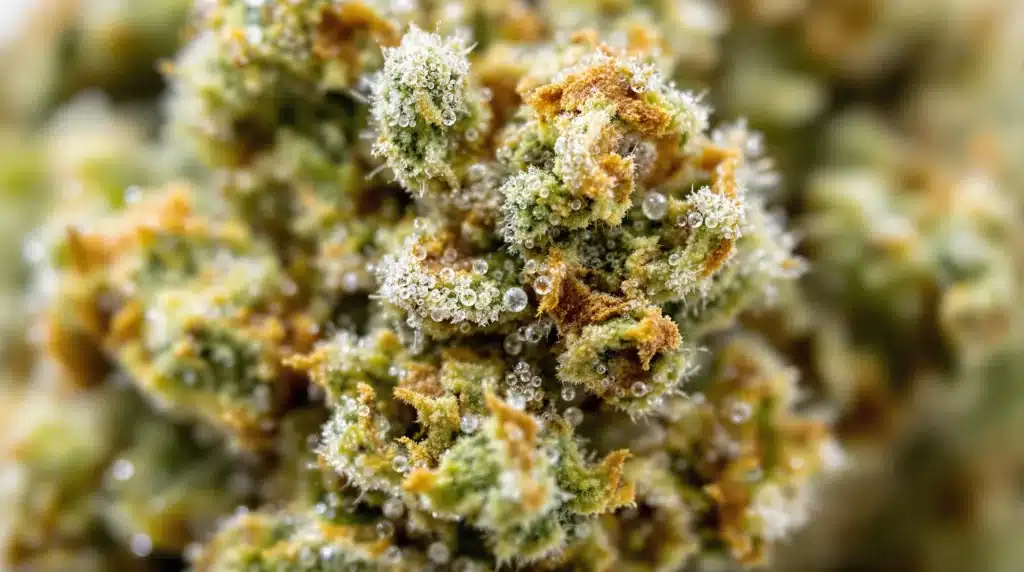
Cultivating THCA-Rich Plants
Growing THCA seeds requires specific care if the goal is to preserve THCA:
- Temperature Control: Maintain lower temperatures during harvest and processing to prevent the conversion of THCA to THC.
Temperature regulation is crucial throughout the growing process, particularly during the drying and curing stages. If THCA-rich plants are exposed to excessive heat, the THCA will convert into THC, which is counterproductive for those seeking a non-psychoactive product. - Low-Heat Drying and Curing: Drying at lower temperatures is essential for preserving THCA levels.
When drying, a low-heat environment ensures that the THCA remains in its raw form, making it suitable for use in products like THCA tinctures and raw cannabis juices. This careful approach allows consumers to enjoy THCA’s health benefits without psychoactive effects.
THC Seeds: Traits and Growing Insights
THC seeds are commonly recognized and are favored by many for recreational and medicinal purposes. Plants grown from THC seeds are ideal for those who enjoy the traditional effects of cannabis.
What Makes THC Seeds Stand Out?
THC seeds are bred to produce plants with high THC levels, offering the signature high associated with cannabis consumption. Many cultivators choose THC seeds for both recreational and therapeutic purposes, making them widely available in various strains and potencies.
THC seeds are popular across markets because they cater to consumers who seek a potent psychoactive experience. For medical users, THC is instrumental in managing symptoms that require an immediate, potent effect, such as severe pain and insomnia.
- Variety and Versatility: THC seeds come in a broad range of strains, offering flexibility for growers interested in different flavors, effects, and potencies.
With a variety of strains available, growers can select seeds based on specific characteristics such as flavor profiles, growth duration, and potency. This versatility is valuable, as it allows cultivators to align their choices with the demands of their consumer base.
Best Practices for Growing THC Plants
To achieve optimal THC content, growers can follow these key steps:
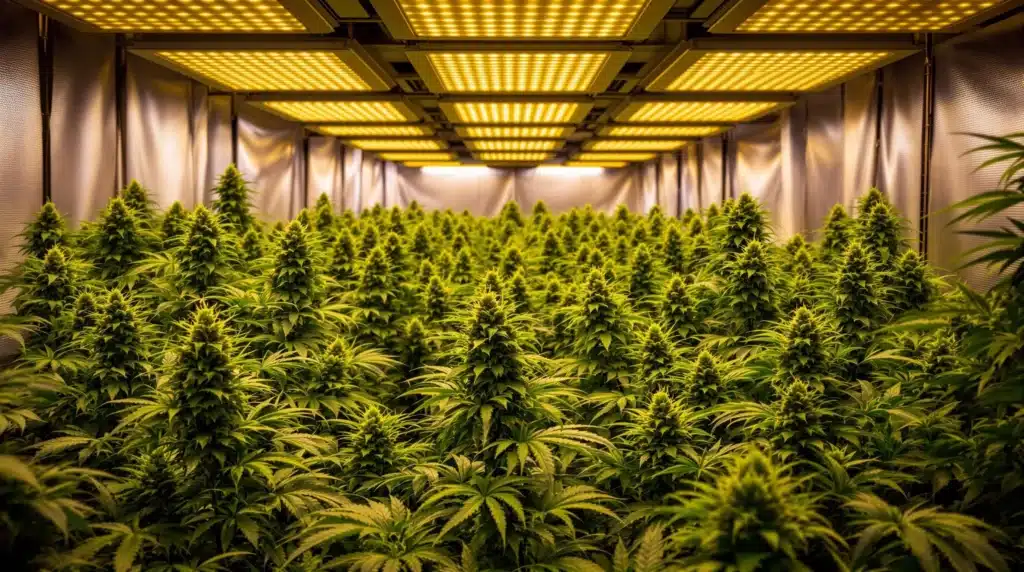
- Maximize Light Exposure: THC plants thrive under ample light. Maximizing light exposure during the flowering stage encourages potent THC production.
High-intensity light, particularly during the flowering phase, increases resin production and maximizes THC potency. Using quality LED lights or ample sunlight is recommended to achieve the desired results in indoor and outdoor grows. - Control Temperature and Humidity: Ideal temperatures for THC plants typically range from 70-85°F (20-30°C) during the day, with slightly cooler temperatures at night.
Managing the grow room’s temperature and humidity levels is essential for resin development, which directly influences THC levels. Proper ventilation and a steady climate help keep plants healthy and prevent mold growth, ensuring a high-quality crop.
THCA seeds vs THC Seeds: Choosing the Right Option
The choice between THCA seeds vs THC seeds depends on the user’s goals and desired effects. THCA seeds are better suited for users seeking therapeutic benefits without psychoactive effects, while THC seeds are ideal for those seeking the traditional high and specific medicinal applications.
Choosing THCA Seeds
Consider THCA seeds if:
- You’re interested in raw cannabis consumption without psychoactive effects.
- Your primary interest is in cannabis’s potential anti-inflammatory or neuroprotective properties.
THCA seeds provide an option for people who prioritize the therapeutic benefits of cannabis without altering mental clarity. As the popularity of raw cannabis increases, THCA seeds have emerged as a key choice for wellness-focused individuals.
Choosing THC Seeds
Choose THC seeds if:
- You enjoy the psychoactive effects of cannabis.
- You’re seeking relief from symptoms such as pain or nausea, often treated with THC.
THC seeds are a go-to for users who appreciate cannabis’s traditional effects. For medical users, THC offers a range of solutions for conditions like chronic pain and muscle spasms, providing relief through its interaction with the endocannabinoid system.
Potential Therapeutic Uses of THCA and THC
Both THCA and THC have shown promise in various medical applications, though they cater to different needs.
Therapeutic Potential of THCA
While research is ongoing, THCA is being explored for:
- Anti-inflammatory: For individuals dealing with inflammation-based conditions.
THCA’s anti-inflammatory properties could benefit patients with arthritis or autoimmune disorders. By reducing inflammation, THCA provides a natural option for managing pain without psychoactive effects. - Antioxidant Properties: Early studies suggest potential neuroprotective effects.
THCA’s antioxidant properties make it valuable for brain health, with research suggesting it may protect against neurodegenerative conditions such as Parkinson’s disease. By scavenging free radicals, THCA could contribute to cellular health and longevity.
THC’s Medical Benefits
THC is commonly prescribed for:
- Pain Relief: THC interacts with the body’s endocannabinoid system to help manage pain.
THC’s ability to relieve pain is one of its most prominent benefits, making it a staple in pain management for conditions like fibromyalgia, multiple sclerosis, and cancer treatment side effects. - Appetite Stimulation: Often recommended for those experiencing appetite loss.
For patients struggling with appetite suppression due to treatments like chemotherapy, THC can help restore appetite, improving overall quality of life and aiding in recovery.
FAQs: Common Questions About THCA seeds vs THC Seeds
Are THCA seeds legal?
In many regions, THCA seeds are legal as they are non-psychoactive. However, regulations vary, so it’s essential to check local laws before purchasing or cultivating THCA seeds. The legality of THCA products often depends on the plant’s THC content, which can fluctuate under different growing and storage conditions. Always consult local laws and regulations to avoid legal issues, as they differ significantly from one region to another.
Can I consume THCA without converting it to THC?
Yes, THCA can be consumed in raw forms, such as in juices or salads, without producing psychoactive effects. Many health-conscious individuals incorporate raw cannabis leaves and flowers into smoothies or fresh juices to benefit from THCA’s properties. However, it’s essential to store the plant material properly to prevent accidental decarboxylation, which would transform THCA into THC.
How can I maximize THCA or THC levels during cultivation?
To maximize THCA levels, avoid heat during harvest and curing. For THC, ensure plants receive ample light and are harvested at the optimal time when trichomes are fully developed. It’s essential to control environmental factors throughout the growing process, such as temperature, light intensity, and humidity, as they play a critical role in maximizing either THCA or THC. Customizing the growing environment to focus on the preferred cannabinoid can result in a highly potent crop.
Do THCA seeds produce THC?
THCA seeds can produce THC if the plant is exposed to heat during processing. However, if carefully managed, these seeds can yield THCA-rich plants with minimal THC. By following specific cultivation and post-harvest protocols, growers can maintain THCA’s stability. Only when heated does THCA transform into THC, so proper handling is crucial for maintaining a non-psychoactive end product.


